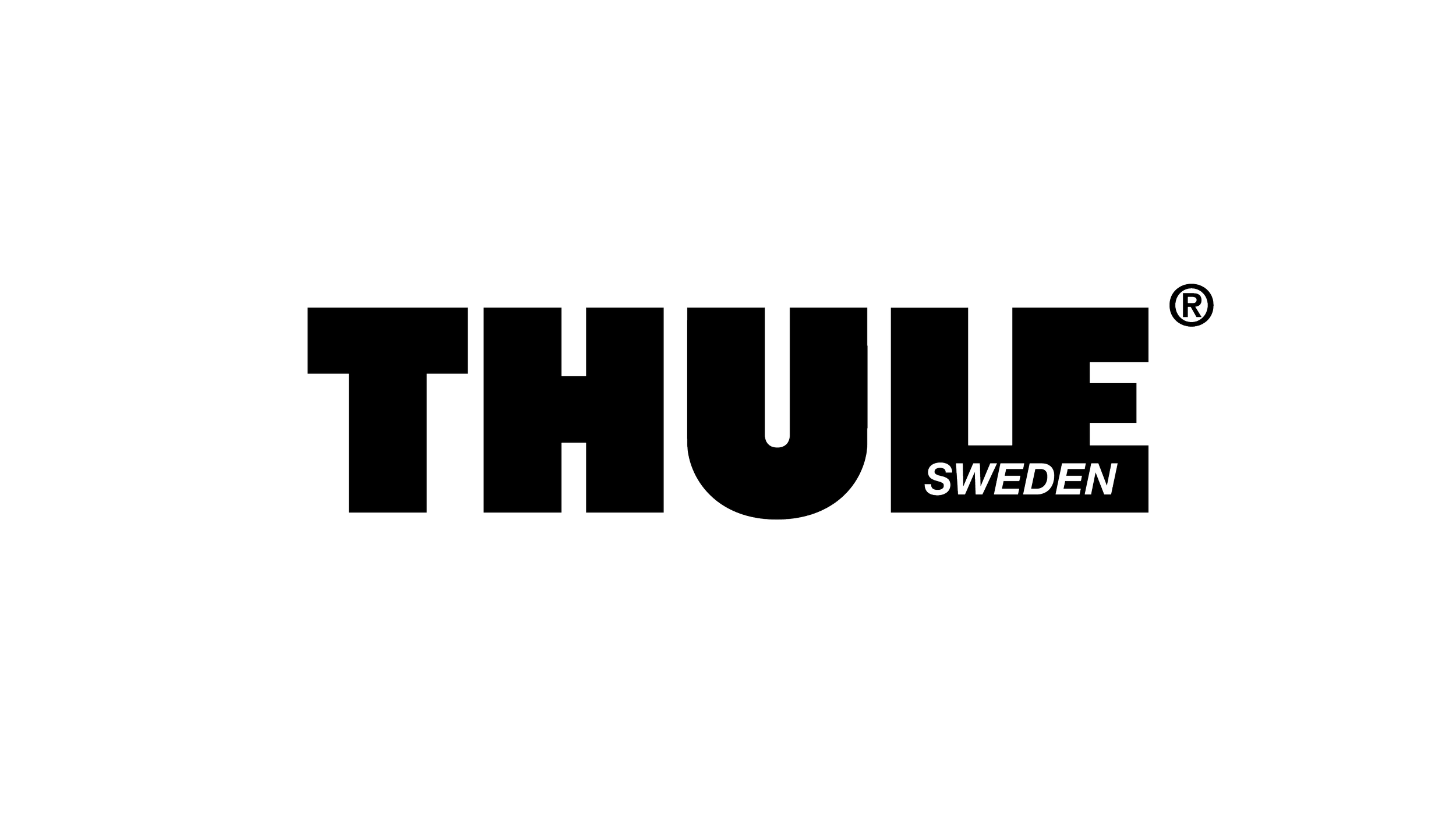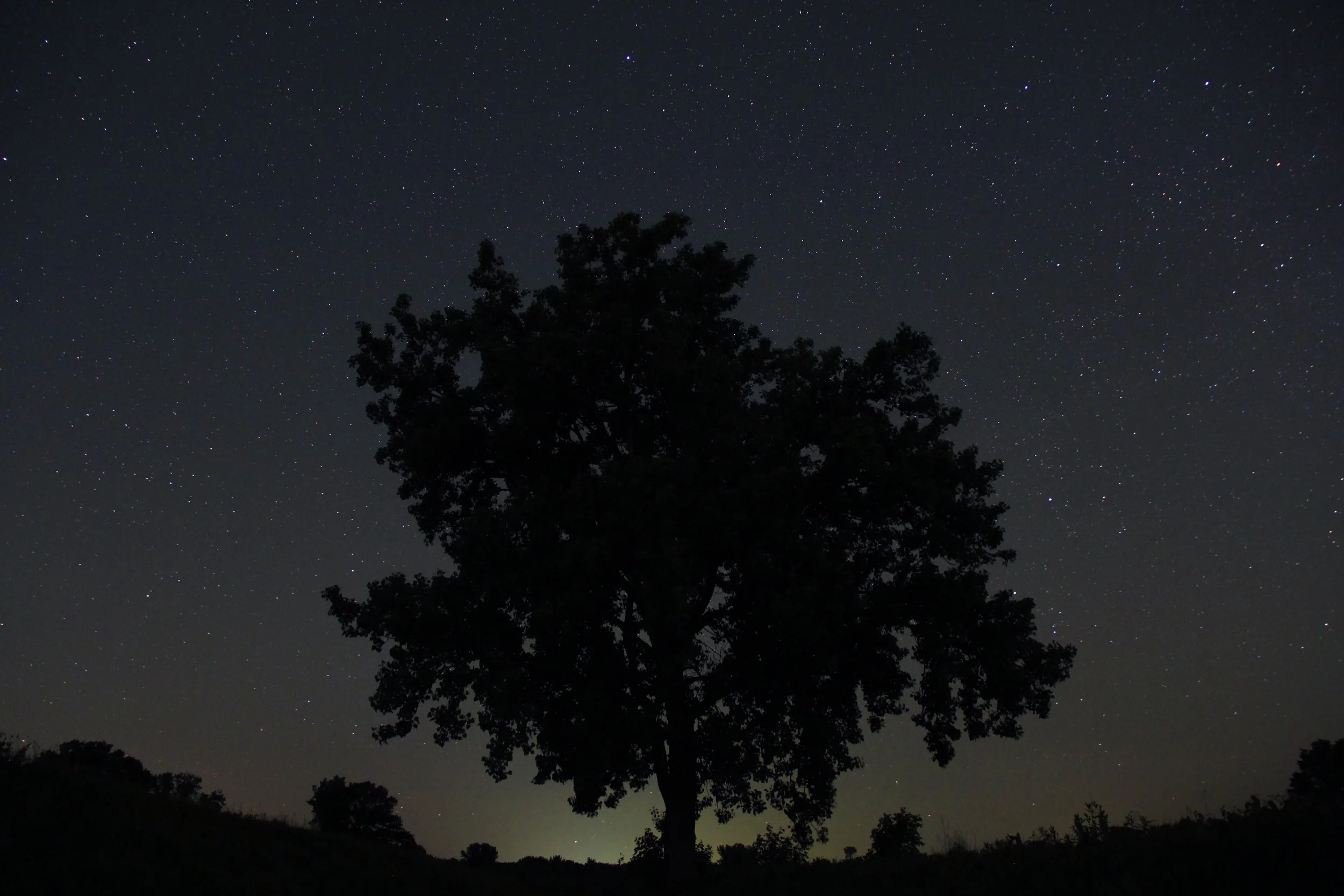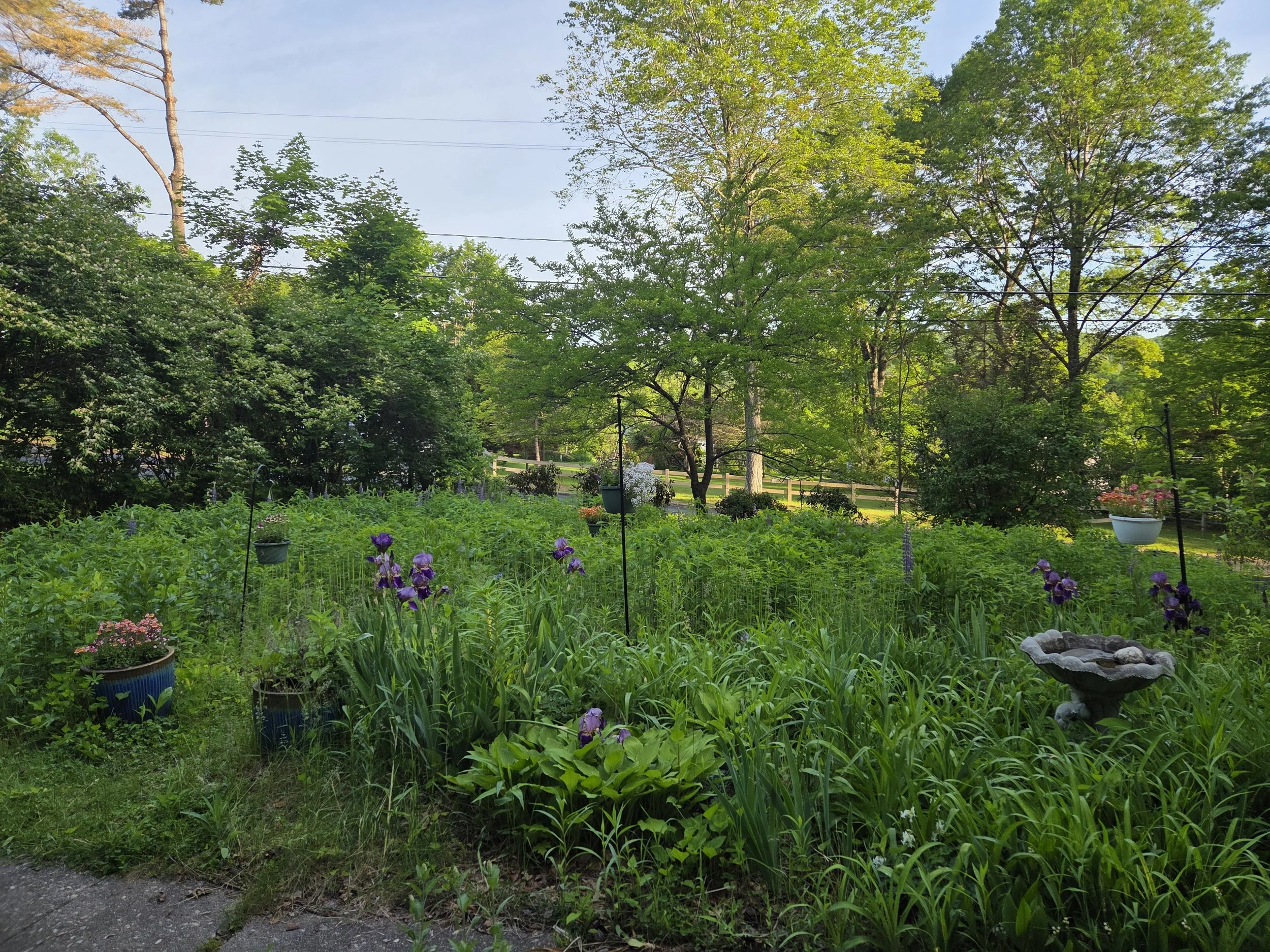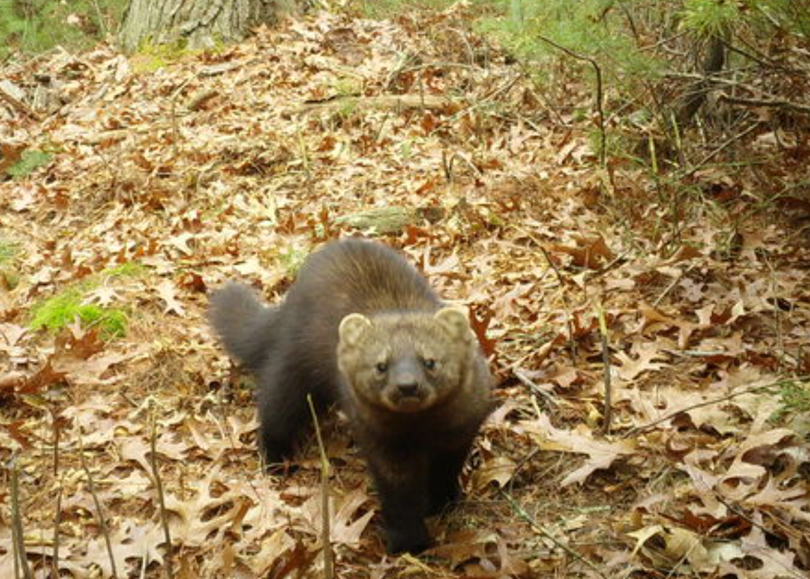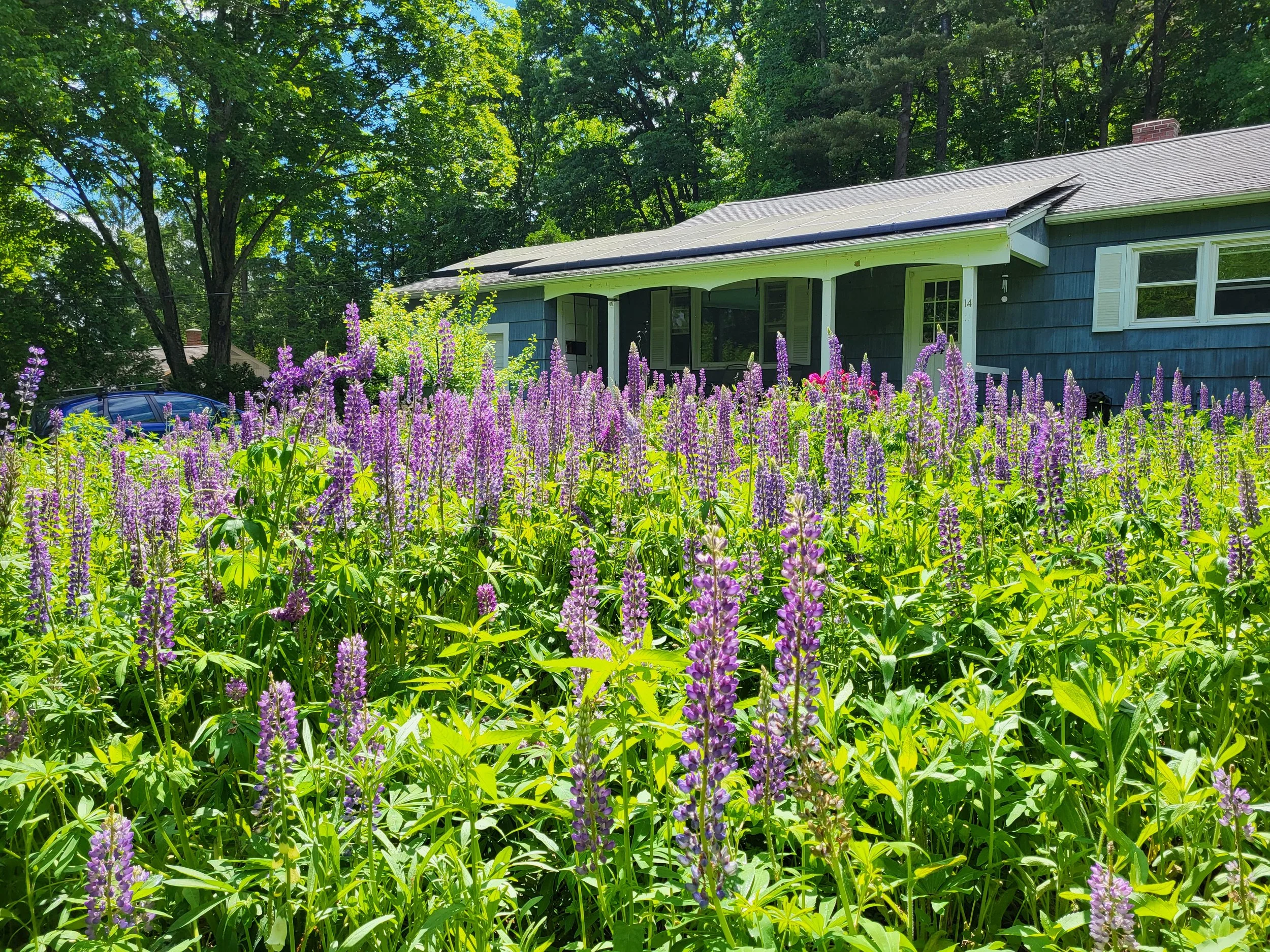online (via Zoom) weekdays from 7:00-8:00pm
November, 2025 - April, 2026
Series sponsored by:
Free and open to all! Featuring a different guest presenter and fascinating topic about the wonderful wildlife of the northeastern U.S. each month! Advance registration for each presentation is required (via the registration links provided below).
Wednesday, November 12th
“Light Pollution: Impacts to Wildlife & How You Can Help”
Presenter: James Lowenthal, Smith College
When was the last time you looked up at the stars on a clear, dark night, far away from streetlights? Artificial light at night has become ubiquitous and harms virtually every kind of living creature that's been studied, from insects to migratory birds, mammals, fish, trees, crops, and even coral and plankton. Join us as James Lowenthal, Professor of Astronomy at Smith College, leads us on a multi-faceted virtual tour of the night-time environment and how important natural darkness at night is for all species, including humans -- and how beautiful and magical it is. Learn what we can do to bring back the stars while supporting the health of all ecosystems.
Tuesday, December 9th
“Creating a Bird-Friendly Space”
Presenter: Chad Witko, National Audubon Society
How can you make your backyard safer and more welcoming for birds year-round? This presentation offers practical ways to support birds right where you live—reducing common hazards while enhancing habitat with native plants, responsible feeding, and other bird-friendly actions. Chad will share simple, practical steps to help both resident and migratory species thrive and show how small changes around your space can make a big difference for birds.
Tuesday, January 6th
“The Importance of Managing Deer Populations”
Presenter: Andrew LaBonte, Connecticut Dept. of Energy & Environmental Protection (DEEP)
Andrew LaBonte, DEEP’s deer and moose biologist will provide an overview of the state's deer population, including its impact on the natural ecosystem, residents, and motorists. Drawing on years of research in both wildlife biology and human dimensions, DEEP has gathered and analyzed critical data to help manage deer populations particularly in an urbanized state like Connecticut. The presentation will also highlight current management strategies and explore some of the challenges that lie ahead for effective deer population control.
Tuesday, February 10th
“Uncovering the Secrets of Rhode Island’s Elusive Fisher”
Presenter: Laken Ganoe, Rhode Island Dept. of Environmental Management
Join us for an engaging look into the hidden lives of one of Rhode Island’s most mysterious mammals—the fisher. Once rare in the state, these secretive forest predators have made a quiet comeback, and Laken’s research has shed light on where they go, what habitats they use, and how they navigate the varied landscapes in the state. Through fine-scale tracking and population monitoring across Rhode Island, her work has helped guide future conservation and management of this remarkable species.
Wednesday, March 11th
“The Diversity and Natural History of Bees in New England”
Presenter: Joan Milam, Univ. of Massachusetts-Amherst
There are over 20,000 bees found worldwide and roughly 4,000 species in North America. The highest diversity of bees is found in dry, Mediterranean climates such as Arizona and New Mexico. Massachusetts can boast an impressive 400 species of bees that represent an astonishing assortment of colors, sizes, shapes, and lifestyles. This presentation will introduce you to the lifestyles and habitat preferences of several of the common and specialist bees in Massachusetts and touch on the natural and human stressors impacting bee health.
Wednesday, April 8th
“Gardening for Pollinators: Why and How”
Presenter: Nicole Bell, Univ. of Massachusetts-Amherst Extension
Wondering how you can best support pollinators in a home garden, community garden, or similar setting? Nicole will cover the ecological foundations that guide a thoughtfully designed pollinator habitat, along with a checklist for provisioning both plants and nest sites. Whether you are working with a small space or seeding a wildflower meadow, she will discuss how to support native pollinators, including specialists and rare bees, along with non-bee insects.


